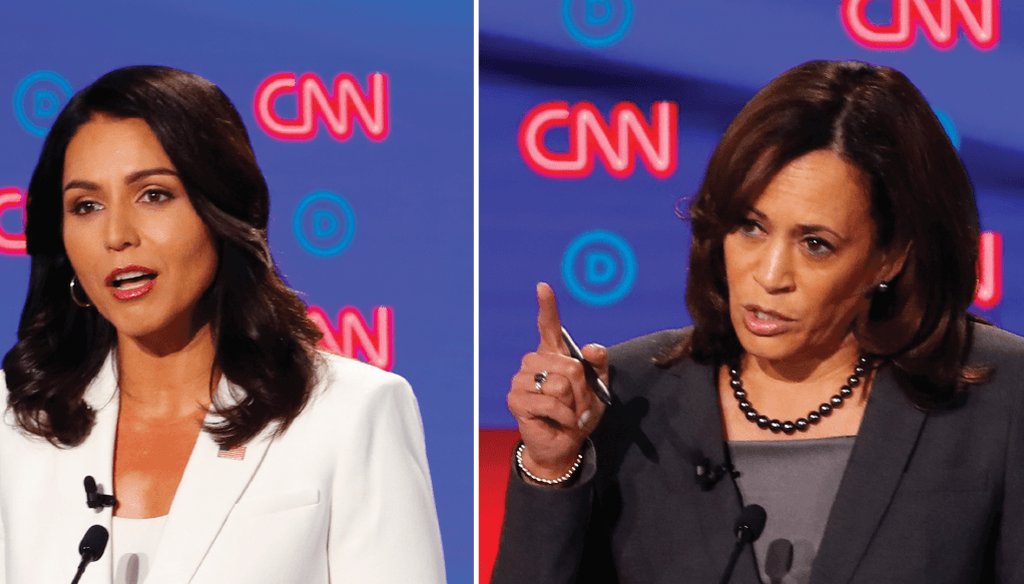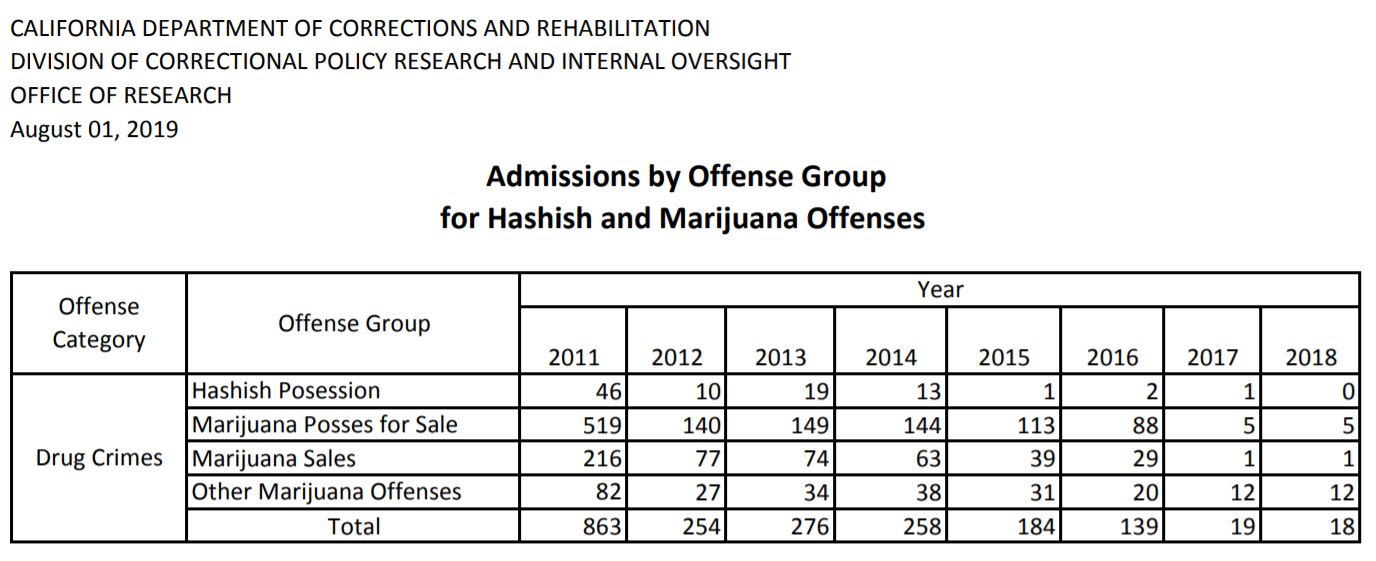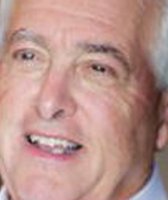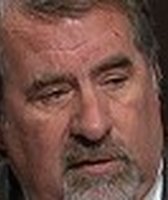Get PolitiFact in your inbox.

Rep. Tulsi Gabbard of Hawaii attacked California Sen. Kamala Harris' record as a prosecutor at the Democratic presidential debate in Detroit / Associated Press
Sen. Kamala Harris’ record as a prosecutor in California came under sharp criticism at last night’s Democratic presidential debate in Detroit, one month after Harris leveled attacks on former Vice President Joe Biden’s past decisions, helping her rise to a top-tier candidate in the race.
Harris, 54, served as California’s attorney general from 2011 through 2016 and before that as San Francisco’s district attorney.
At this debate, she faced several specific critiques from Hawaii Rep. Tulsi Gabbard.
We examined Harris’ record as a prosecutor in January. With the new charges, we took another look and examined the accuracy of Gabbard’s criticism.
Here’s what the Hawaii congresswoman claimed:
"Senator Harris says she's proud of her record as a prosecutor and that she'll be a prosecutor president. But I'm deeply concerned about this record. There are too many examples to cite but she put over 1,500 people in jail for marijuana violations and then laughed about it when she was asked if she ever smoked marijuana. She blocked evidence -- she blocked evidence that would have freed an innocent man from death row until the courts forced her to do so. She kept people in prison beyond their sentences to use them as cheap labor for the state of California. And she fought to keep a bail system in place that impacts poor people in the worst kind of way."
We’ll examine Gabbard’s claims one-by-one.
There’s some context missing in this claim, and it’s framed in a misleading way. We couldn’t independently verify the 1,500 figure, which is cited in a February article by the Free Beacon, a conservative online news website. It says "at least 1,560 people were sent to state prisons for marijuana-related offenses between 2011 and 2016," when Harris was California attorney general. It says the data comes from reports from the California Department of Corrections and Rehabilitation. We requested that data from the state prisons agency.
The agency’s data shows there were 1,883 admissions to state prison on marijuana offenses during the years Harris was attorney general. There were another 92 admissions for crimes related to hashish, a drug made from cannabis resin. Notably, the figures dropped dramatically during Harris’ tenure, from 817 marijuana-related admissions in her first year in office to 137 in her last.

For context, marijuana sales and possession remained illegal under state law during Harris’ time as attorney general. California voters legalized recreational pot in 2016, the same year Harris was elected to the U.S. Senate and left her AG post.
Also, as attorney general, Harris would not have personally prosecuted marijuana cases. Those cases would have been handled by lower-level state attorneys.
It’s correct that Harris has laughed about using marijuana, but Gabbard’s claim makes it seem like she laughed about people being locked up for pot crimes. We didn’t find any evidence to support that.
Running for re-election in 2014 as state attorney general, Harris laughed at a TV reporter’s question about her GOP opponent’s support for legalizing marijuana, adding "he’s entitled to his opinion" but not offering her own.
In a February interview on New York-based radio show "The Breakfast Club," Harris said she had smoked marijuana in the past, "I have. And I inhaled — I did inhale. It was a long time ago. But, yes." The senator then laughed, according to a CNN article, and said she tried pot in college and noted that it was in the form of a joint. "I just broke news," she said.
As California attorney general in 2016, Harris declined to weigh in on a state ballot measure to legalize recreational marijuana. Now as a U.S. Senator and presidential candidate, Harris supports marijuana legalization.
Gabbard’s campaign said she was referring to the case of Kevin Cooper, a black man on death row in California. We found Gabbard’s statement leaves out some key information.
The New York Times fact-checked Gabbard’s claim about Cooper by explaining that he was "convicted by a jury for a 1983 quadruple murder. Ms. Harris, as attorney general, did not allow new advanced DNA testing in his case, denying Mr. Cooper’s request. After The New York Times wrote about the case, Ms. Harris told Times columnist Nicholas Kristof that "I feel awful about this" and called on the state to allow for such testing."
The Times added that, "While Gov. Gavin Newsom of California has ordered additional DNA testing in the case and a number of legal and judicial experts say that Mr. Cooper was wrongfully convicted, the advanced testing has not yet proved Mr. Cooper’s innocence and allowed him to leave death row."
The senator’s campaign spokesperson told The Washington Post after the debate that Harris was not directly involved in the decision to deny Cooper’s petition in 2016.
"Senator Harris ran an office of 5,000 people and takes responsibility for all the actions of the [California] Department of Justice during her tenure," the statement said, according to the Post. "Most of the legal activity around this case occurred before her terms in office, but this specific request was made to and decided by lower level attorneys."
This claim comes from a February Daily Beast article. It found lawyers in then AG Harris’ office argued in 2014 that, despite court orders to reduce state prison crowding, some non-violent offenders needed to stay in the prison system to help combat wildfires. It does not detail how many prisoners, if any, ended up staying longer than required.
A spokesperson for Harris was quoted in the article saying, "Senator Harris was shocked and troubled by the use of this argument. She looked into it and directed the department’s attorneys not to make that argument again."
A March article by Business Insider detailed then-San Francisco DA Harris’ push in 2004 to increase cash bail. "Shortly thereafter, San Francisco's Superior Court judges moved to sharply increase cash bail costs for weapons-related felony charges, including assault with a firearm and the sale of machine guns," according to the article.
It adds that as a senator, Harris has introduced bipartisan legislation to encourage states to reform their cash bail systems so that lower-income people aren't kept in jail as a result of their inability to pay steep bail costs.
A year ago, then-California Gov. Jerry Brown signed a bill to eliminate cash bail in the state starting in October 2019, in favor of a risk assessment system and non-monetary conditions of release.
Harris did not specifically address all of the charges at the debate. Instead, she offered a more general defense, saying "As the elected attorney general of California, I did the work of significantly reforming the criminal justice system of a state of 40 million people, which became a national model for the work that needs to be done. And I am proud of that work."
After we originally published, the California Department of Corrections and Rehabilitation released statistics on how many people were sent to prison on marijuana violations during Harris’ time as state attorney general, from 2011 to 2016. We have updated the article with those figures.
Our Sources
Tulsi Gabbard, Kamala Harris at Democratic presidential debate in Detroit, July 31, 2019
Cullen Tiernan, spokesperson, Gabbard campaign, email exchange, Aug. 1, 2019
The Washington Post, ‘You owe them an apology’: Gabbard’s attack highlights Harris’s complex death penalty record, Aug. 1, 2019
Daily Beast, Kamala Harris’ A.G. Office Tried to Keep Inmates Locked Up for Cheap Labor, Feb. 11, 2019
Business Insider, Kamala Harris once pushed for steeper cash bail costs, saying ‘people come to San Francisco to commit crimes because it’s cheaper to do it’, March 26, 2019
The New York Times, Debate Fact Check: What Were They Talking About, and What Was True?, July 31, 2019
The Sacramento Bee, Fact check: Did Kamala Harris block evidence that would have freed inmates?, July 31, 2019




















































